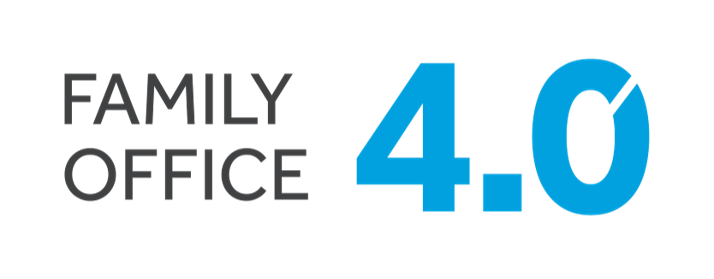- Wealth Holders’ Mindset
Wealthy individuals often fail to treat personal wealth deployment as a business endeavour in itself. They don’t bring the same rigor and discipline that they would apply in other areas of their family business or professional lives. Some distance is required if they are to maintain objectivity, see the full picture of their assets, and make rational, long-term decisions. A family office enables such an outlook by providing a system that clearly demarcates family wealth management from other business interests and household activities. - Complexity
Family investment portfolios are no longer straightforward. Globalization has opened up access to diverse investment classes in developed as well as emerging markets. Assets may be spread across several entities, and the ownership structures may be convoluted. This brings with it new complications, such as taxation and burdensome compliance regulations. A family needs a comprehensive accounting capability to deal with them. - Control
Control over complicated portfolios is essential to the survival and success of a family wealth. Control is achieved by having a clear visibility of all investment-related information in a single place through consolidation. A full picture of up-to-date information makes for better decisions. This further enables a family to accurately forecast cash flows, identify investment risks and exposure, hedge against black swan events and carry out appropriate asset re-allocation. - Confidentiality
Confidentiality is, rightly, a key concern for all wealth holders. Setting up your private family office reduces reliance on external financial advisors and negates the need to share private data with too many parties. And where external advisors are required, a family office can build in levels of authority and control, so the right information is available to only those who need it. - Succession
After a point, wealth accumulation becomes wealth preservation. This requires succession planning and smooth intergenerational wealth transfer. A family office doubles as a framework for succession planning and governance. It provides a strategy that is sensitive to the needs of all parties and maintains records and evidence of investment activities. - Costs
Anyone can establish a family office with minimal investment. This system streamlines money management activities, bringing much-needed efficiency and oversight. It saves money, improves returns and cuts risk. These savings add to the capital for investment. When compounded over time, those savings-turned-investments have a profound effect on the long-term value of a portfolio.




